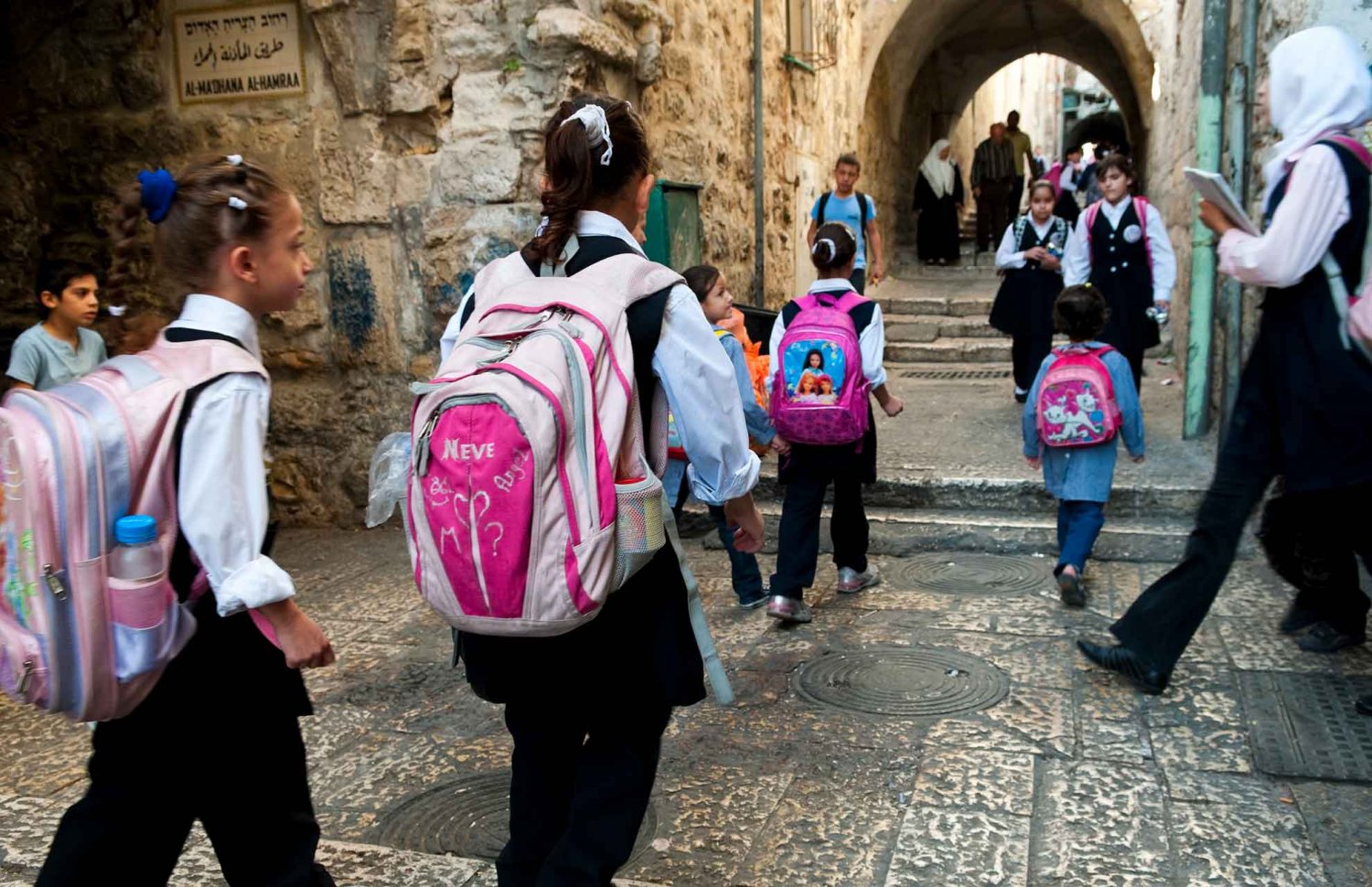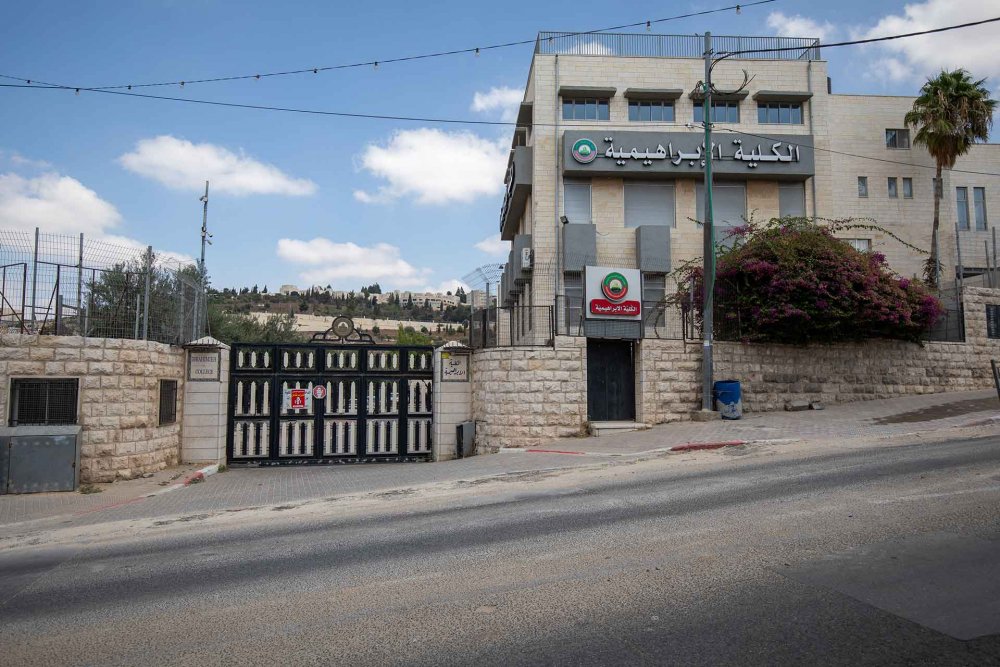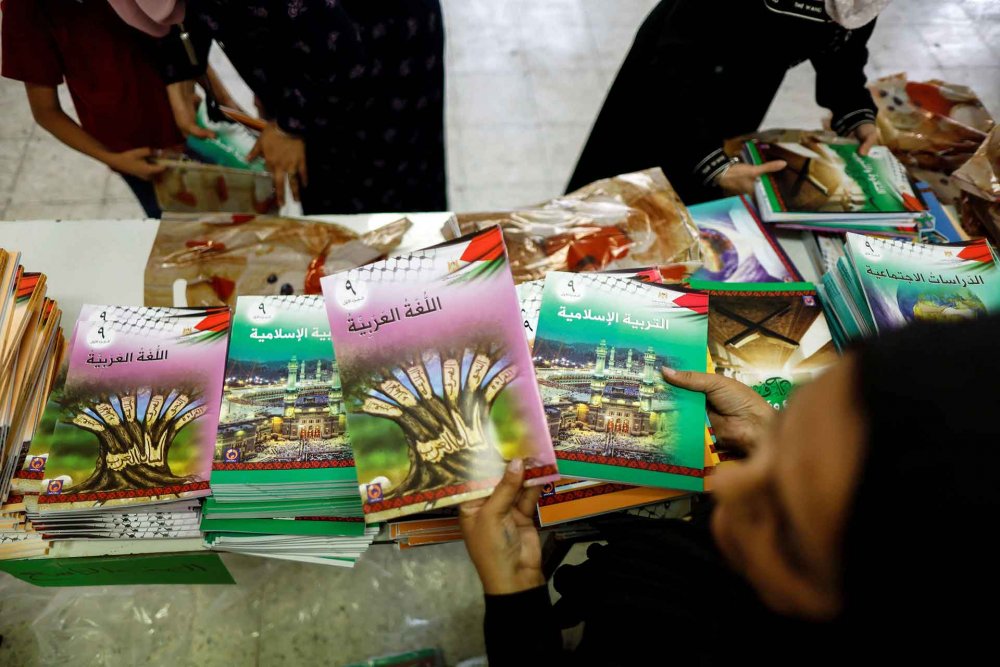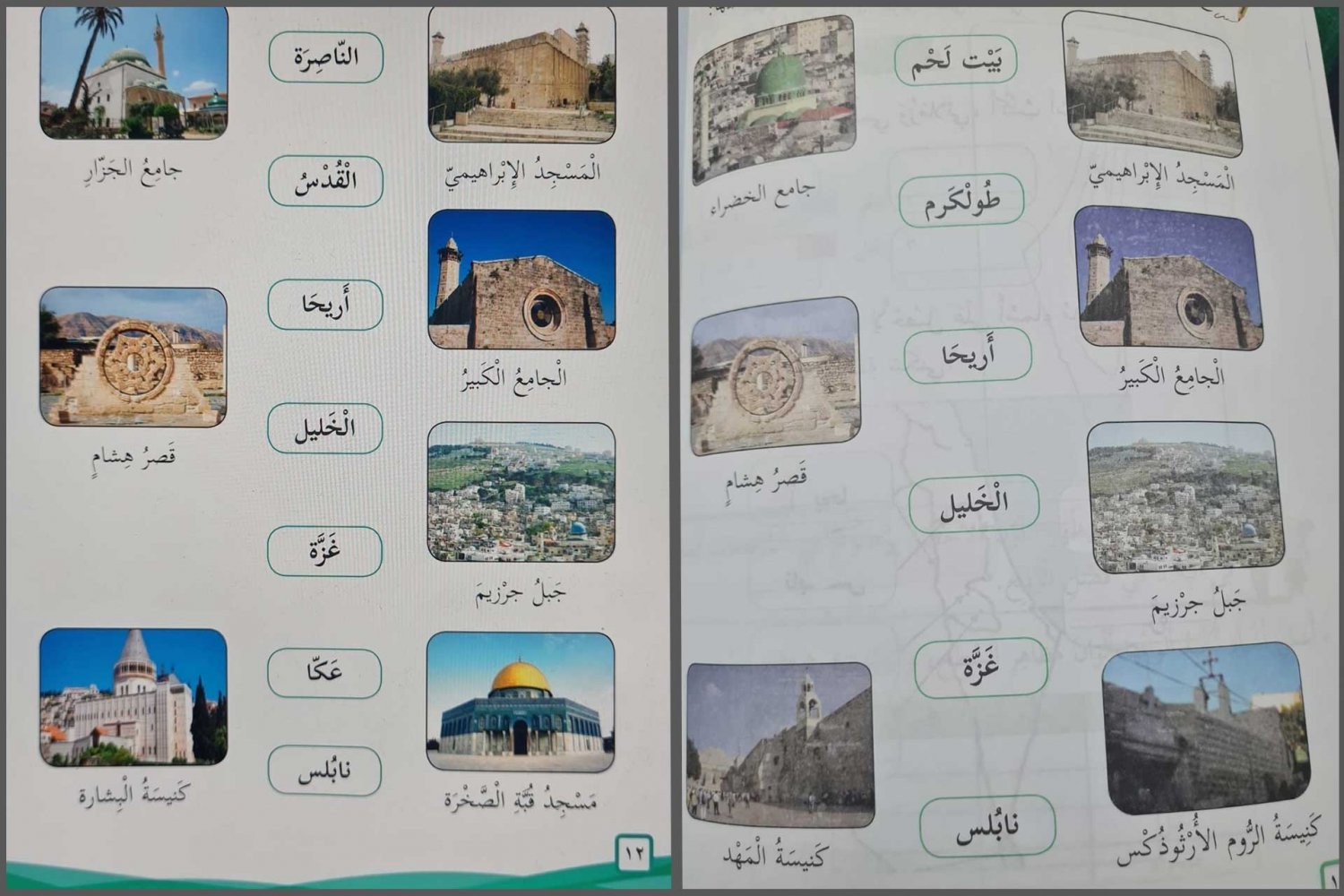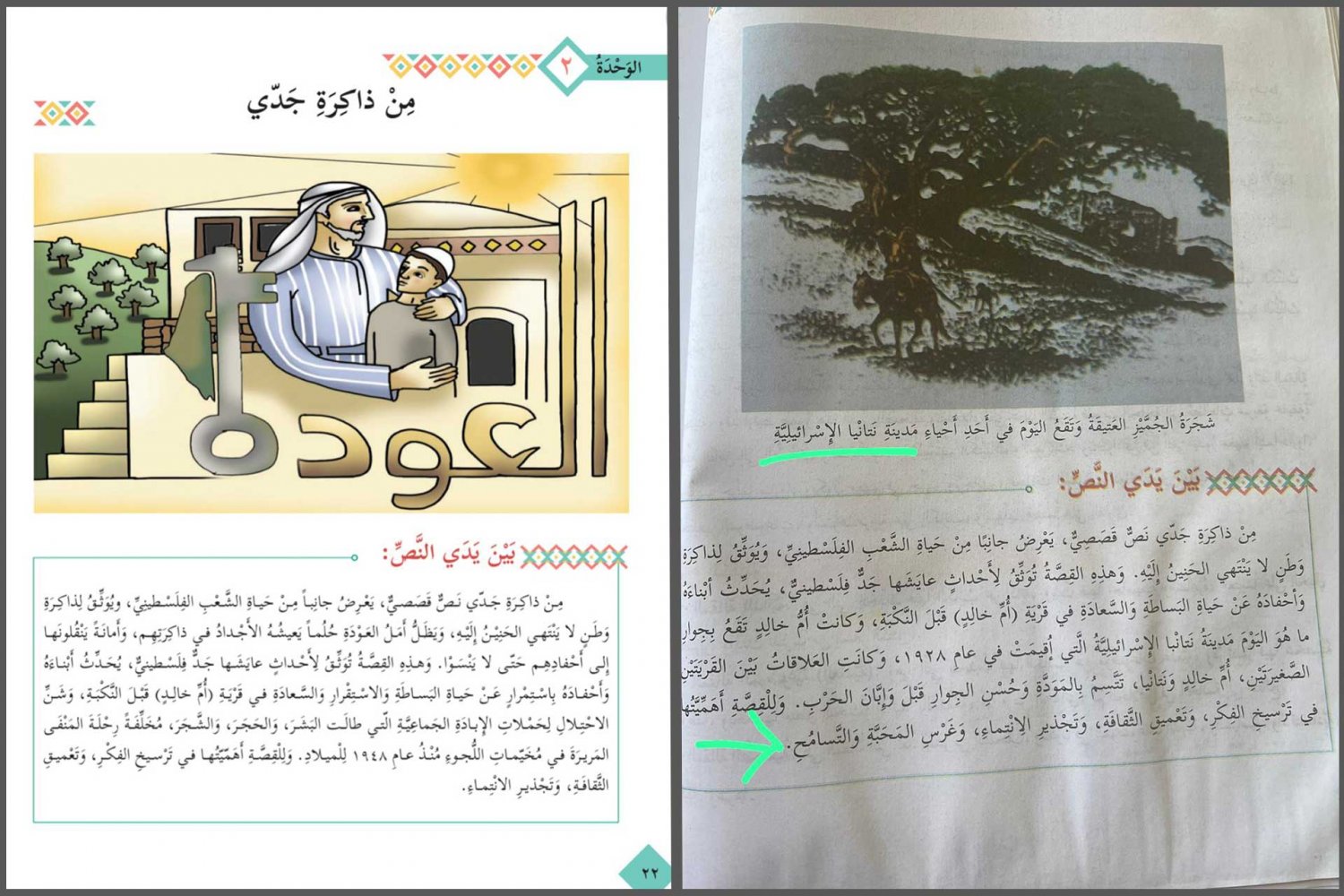Israel’s law requires that free education is guaranteed to all students, but the state of the education sector in East Jerusalem has been fairly abysmal for a long time and continues to become more so. For example, in 2021—22, there was a shortage of 3,517 classrooms, and 29 percent—nearly one-third—of Palestinian children of compulsory school age in East Jerusalem were “invisible”—that is, unaccounted for and presumably not receiving an education.1 In 2019, the high-school dropout rate among Palestinians was 26.5 percent, and Palestinian high-school dropouts accounted for 70 percent of all such dropouts throughout the city.2
In May 2018, the Israeli government announced Government Decision No. 3790—Narrowing Socioeconomic Gaps and Promoting Economic Development in East Jerusalem—a five-year investment plan. One of the six areas included in this plan was education and higher education; this area was allotted the second highest budget in the plan of up to NIS 445 million over five years. But receipt of funding by schools was “explicitly conditioned on the use of the Israeli curriculum.”3
On July 28, 2022, the Israeli education minister, Yifat Shasha-Biton, sent letters to six Palestinian private schools in East Jerusalem that use the Palestinian curriculum revoking the permanent operating licenses. Israeli education officials used Twitter to explain the reasons for insisting on the Israeli revised books. They claimed that the Palestinian curriculum contained “dangerous incitement” against the Israeli government and army. (Among the things Israel considers to be incitement are any references to its rule as an occupying power or to support for Palestinian prisoners and martyrs.) The six were the Ibrahimiyya College and five schools run by the al-Eman schools organization. They were given a conditional one-year license to change the curriculum or face permanent closure, most likely by the beginning of next school year in the fall of 2023.
At the time, Sheikh Jamil Hamami, executive director of al-Eman schools, told the media, “The Israeli decision is a major challenge for our schools. It infringes on the Palestinian curricula, which has been approved and taught for years. . . . The Jerusalemite people, since they are under occupation, have the right, according to international laws, to study in their schools a content that is aligned with their culture, their city and their civilization . . . This decision will cause great harm to these schools.”4

